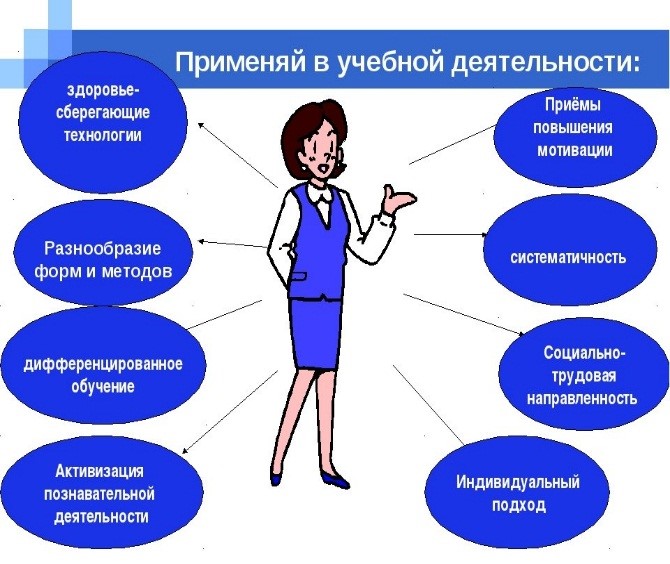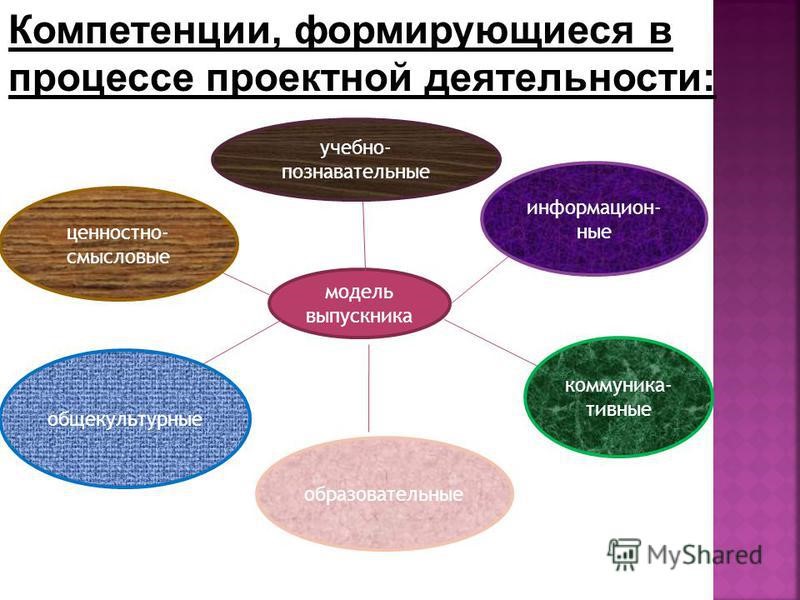On the eve of the celebration of Gratitude Day, on February 27, 2026, a charity fair was held at the Faculty of History, Economics and Law, bringing t Read more
Quotation gallery
As we acquire more knowledge, things do not become more comprehensible, but more mysterious.
Faculty News
On February 27, 2026, in anticipation of the «celebration of Gratitude Day», the Faculty of History, Economics, and Law hosted a warm gathering and a Read more
On February 27, 2026, the Faculty of History, Economics and Law held a career guidance meeting with students of the «Foundation» program and future ap Read more
27 февраля 2026 года студенты 7 курса под руководством куратора М. Мурзабаевой в рамках мероприятий, приуроченных к празднованию Дня благодарности, по Read more
24 февраля 2026 года на базе Северо-Казахстанский высший медицинский колледж имени Жұмағали Тлеулина КГУ «УЗ акимата СКО» прошла областная олимпиада п Read more
25.02.2026 на базе медицинского факультета состоялась лекция на тему «Посмертное донорство в Казахстане: выбор, который спасает жизни», организованная Read more
On February 19, 2026, students of the Faculty of History, Economics, and Law actively participated in the large-scale action «Nashakorlykka Zhol Zhok! Read more
On February 19, 2026, the Faculty of History, Economics, and Law held an explanation of the draft new Constitution of the Republic of Kazakhstan. The Read more
19 февраля 2026 года студенты 4 и 7 курсов медицинского факультета провели благотворительную акцию и посетили Дом ребёнка в г. Петропавловске. Инициат Read more
As part of the activities of the Kozybayev Alumni Association, a meeting was held at the Faculty of History, Economics, and Law, which became a signif Read more
Formation of Continuous Professional Development Competencies in Students and Graduates of the "Pedagogical Sciences" Program under the Conditions of University Academic Autonomy
This research is funded by the Science Committee of the Ministry of Science and Higher Education of the Republic of Kazakhstan (grant No. AR19678852).


Project Manager: Murzalinova A.Zh., Doctor of Pedagogical Sciences, Professor. Project Performers: Murzalinova A.Zh., Doctor of Pedagogical Sciences, Mukanova S.D., Doctor of Pedagogical Sciences, Mirza N.V., Doctor of Pedagogical Sciences, Imanov A.K., Candidate of Pedagogical Sciences, Mukusheva S.B., Candidate of Pedagogical Sciences, Sakaeva A.N., Candidate of Pedagogical Sciences, Ualieva N.T., PhD.
Implementation period: 2023 – 2025.
Project goal: Development of a methodology for the professional training of future teachers based on the integration of subject-specific, pedagogical, and CPD competencies and the creation of an educational environment for managing students' and graduates' professional-oriented development.
Expected outcomes aimed at solving problems:
1) Functionality of professional training for future teachers based on updating educational programs and their implementation in the educational environment through the system and framework of continuous professional development competencies, the methodology of competency integration, "tailored" to the Graduate Profile of the "Pedagogical Sciences" program;
2) Student-centeredness of the educational process, allowing students to manage their own professional-oriented development;
3) Publication of conceptual principles and methodological results in: 1 article in a peer-reviewed scientific journal indexed in the Web of Science database and having a CiteScore percentile of at least 35 in the Scopus database; 2 articles in journals recommended by KOKSNVO; a monograph "Scientific and Methodological Foundations for the Formation of Continuous Professional Development Competencies under the Conditions of University Academic Autonomy" (at least 6 printed sheets).
Project description: The project aims to improve the professional training of future teachers based on controlled professional development tools, which is in demand due to the transition in the conditions of Industry 4.0 from University 1.0 to University 4.0, where "the level of knowledge and talent processing is increasing: added value is created within the university itself rather than being transferred to the economy in the form of 'semi-finished products' – specialists and general knowledge."

